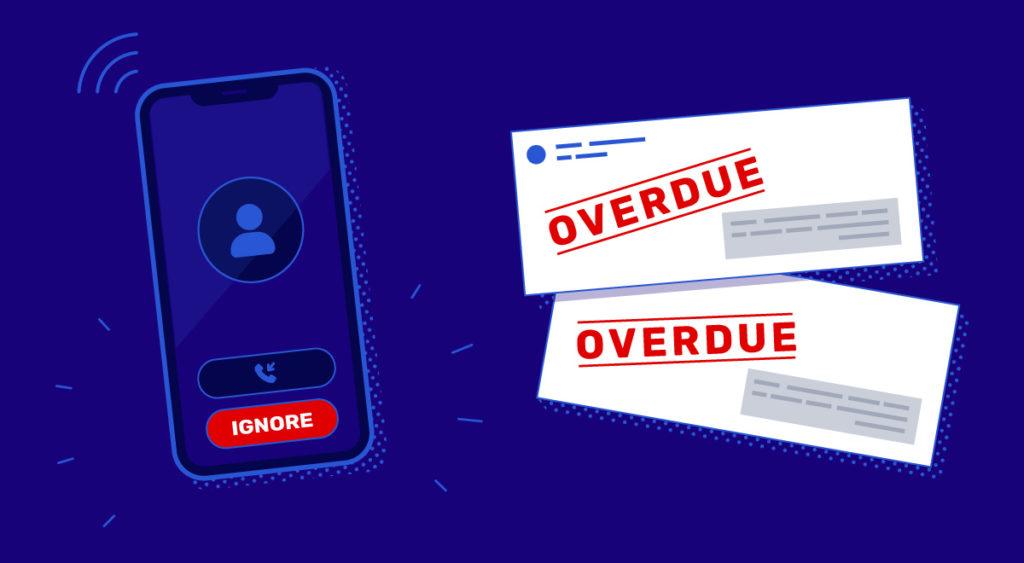Do you check your credit report regularly? If you don’t, you certainly should. I’ll talk about that in more detail later. In the meantime if you do check your credit report and you find a debt listed as “charged off,” you might be wondering what this means. To understand this, you have to be familiar with some of the jargon that’s used in your credit report.
What does “charged off” mean?
This can happen if you had an outstanding debt for a long time that you finally paid off. What it refers to is a delinquent account that has been taken off the creditor’s books. Your debt was originally an asset to your creditor. It then charged it off as a loss when you got so far behind in your payments that your lender doubted you would ever pay. Of course, you did pay and that’s great. But that doesn’t change the fact that your lender had charged it off. So if your credit report reflects a debt that was “charged off,” it’s accurate and will show for seven years from the date it first became continuously delinquent.
Will help your future
If you have a debt that was “charged off” then paying it off will not help your past. You’ll just have to wait until seven years have elapsed and it drops off your report. In the meantime there are things you could do to help your future credit. What this amounts to is adding positive information to your credit report to help paper over that one blemish. In addition, because you eventually did pay off the debt, this tells anyone viewing your credit report that you did make good on your debt. This will show that you are capable of keeping commitments even when it’s tough to do so.
When you will see improvement
About two years after that account was charged off, you should start to see some improvement. If you pay your credit accounts on time, this will have positive information to your credit report each month. This will help improve your credit even quicker. You should also keep your credit card balances to less than 50% of your total credit limit. This is another way to help boost your credit score.
How to get your credit report
If you haven’t seen your credit report recently, you should definitely get it from one of the three credit reporting bureaus. They are Experian, Equifax and TransUnion. The federal government mandates that they must provide you with one free copy of your credit report annually. You can get your free credit report by either writing or calling one or all three of these bureaus. Or you can get all three at the same time at www.annualcreditreport.com. However, you may want to get your reports one at a time at three-month intervals, which is a way to monitor your credit year around without having to pay a service for it.
Your credit score
You should also know your credit score. Whenever you apply for credit of any kind, the first thing the lender will do is look at your credit score. If you have a poor score of 580 or less, you are application may be denied. Conversely, if you have a good credit score of 750 points or better, you should be able to get just about any credit you would apply for.
Where to get your credit score
Credit scoring was invented by a company now called FICO. You can get your FICO score at the website www.myfico.com. It’s available free if you sign up for a free trial of the company’s Score Watch program. Otherwise it will cost you $19.95. You can get your credit score from any of the three credit reporting bureaus though you’ll probably have to jump through some hoops to get it free. But it won’t be your FICO score. It will be what the three credit bureaus created and call your VantageScore. However, it should be similar enough to your FICO score for you to know whether you have a good or bad one.





